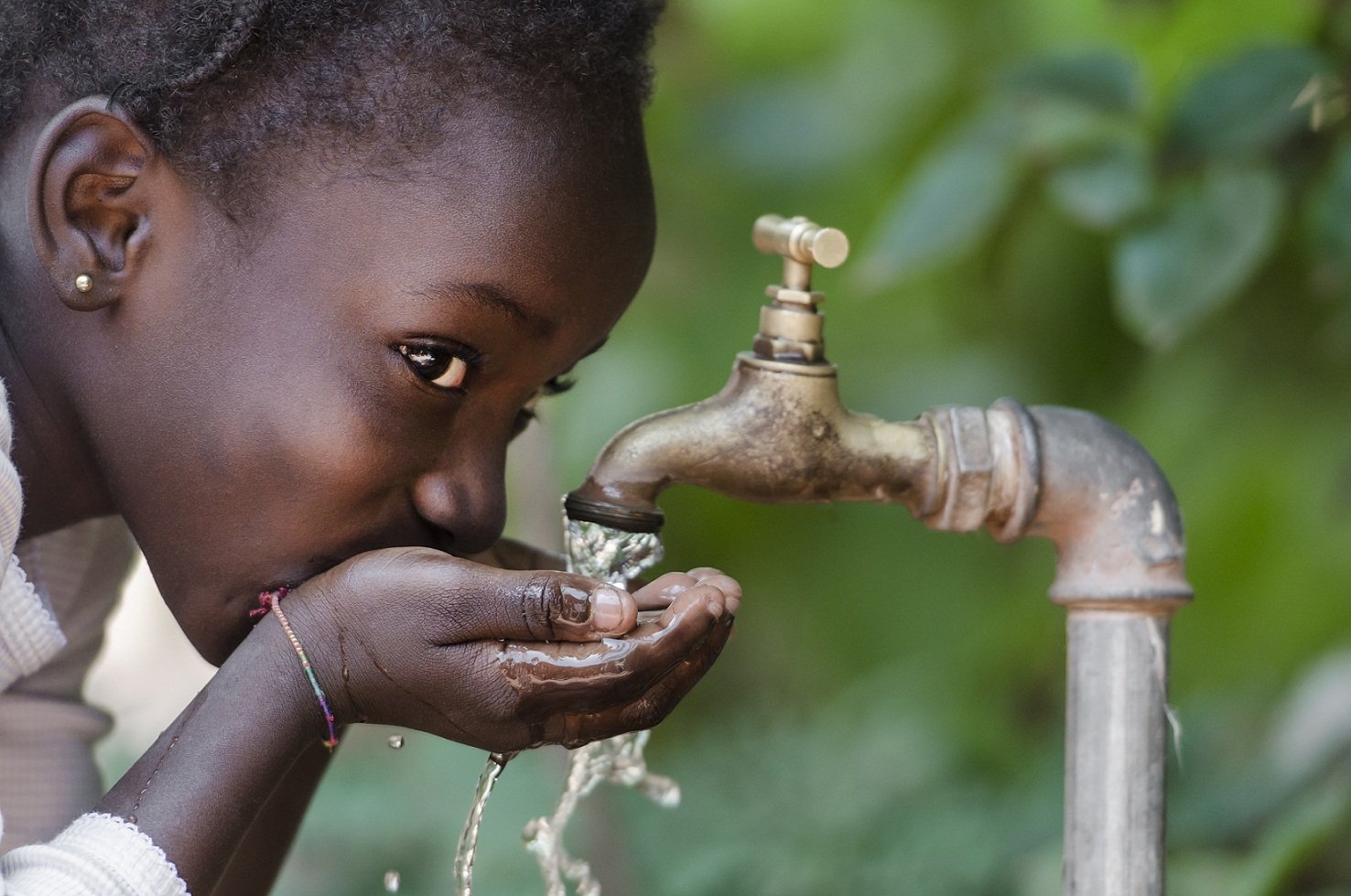Future Vaccines
The Upcoming Trials for the First Malaria Vaccine
Published April 28, 2017 | Vaccination, Future Vaccines

“Malaria may be the best possible disease to illustrate that factors
other than vaccination have been responsible for the dramatic
improvement in global health over the last century.”— Kate Raines, The Vaccine Reaction
According to the U.S. Centers for Disease Control and Prevention (CDC): “Infections caused by P. falciparum are the most likely to progress to severe, potentially fatal forms with central nervous system involvement (cerebral malaria), acute renal failure, severe anemia, or acute respiratory distress syndrome.”5
During 2009-2014, the RTS,S vaccine underwent a Phase III efficacy and safety trial involving 15,459 babies five to 17 months old in Burkina Faso, Gabon, Ghana, Kenya, Malawi, Mozambique, and Tanzania.1 3 The trial was coordinated by GSK, the PATH Malaria Vaccine Initiative (supported by the Bill & Melinda Gates Foundation), and a network of 11 research facilities in the seven African nations where the trial was conducted.1 3 The RTS,S vaccine was approved by the European Medicines Agency (EMA) on July 23, 2015.6
The WHO field trials for RTS,S will aim to see if the Phase III trial can be “replicated in real-life.”1
Specifically, the pilot program will assess the feasibility of delivering the required four doses of RTS,S, the vaccine’s potential role in reducing childhood deaths, and its safety in the context of routine use.1Work on a malaria vaccine is proceeding despite the fact that both the mortality and morbidity of the disease have been dramatically declining. “The number of new malaria cases fell by 21 percent between 2010 and 2015, and malaria mortality decreased by 29 percent overall and by 31 percent in Africa, where the vast majority of malarial cases occur,” noted Kate Raines in a recent article “Malaria Burden Worldwide Has Dropped Without Vaccines” in The Vaccine Reaction.7 She added: “For the period between 2000 and 2012, it was estimated that the number of deaths from malaria had fallen by 51 percent, resulting in an estimated 3.3 million lives saved, almost all of them children under age five.”7
Raines further explained: “Malaria may be the best possible disease to illustrate that factors other than vaccination have been responsible for the dramatic improvement in global health over the last century”7—which begs the broader question, “Do we even need a malaria vaccine?” As Raines pointed out in the opening paragraph:
It is a common position taken by vaccination proponents that vaccines deserve all the credit for the worldwide decrease in incidence and mortality from communicable diseases since the early 1900s. Last month, vaccines were credited with saving nearly a half million lives since 1963, in the U.S. alone. This popular stance glosses over such contributing factors as management of sewage disposal and the importance of hygienic practices, clean water, and food safety.7Is this the standard historical pattern when it comes to vaccines, that major factors other than vaccines are responsible for the decline in the incidence and/or mortality of a disease, and, then, when a vaccine comes along late in the process, it is ultimately credited with having conquered the disease? This may ultimately be what will happen with the malaria vaccine. Will history erroneously get re-written, yet again, by the vaccine industry and public health officials anxious to point to mass vaccination programs as solely responsible for making the world safe from disease?
References:


No comments:
Post a Comment